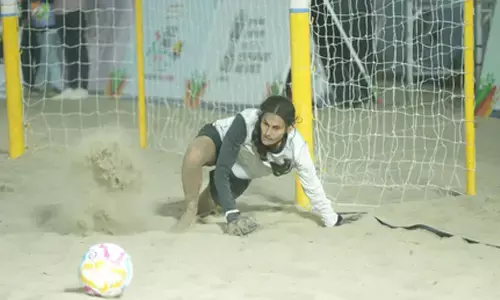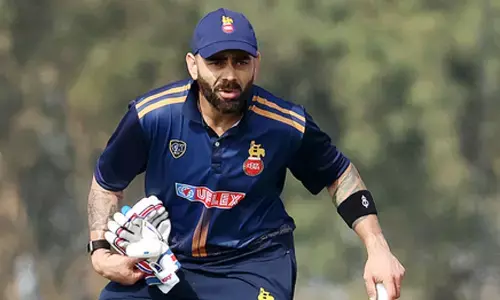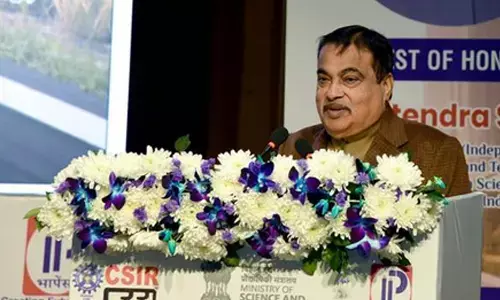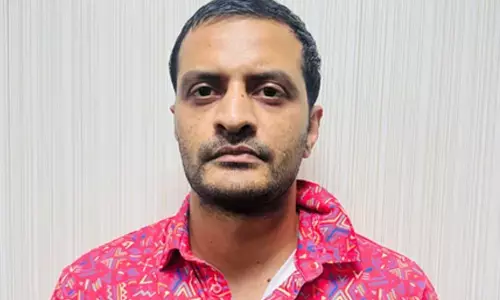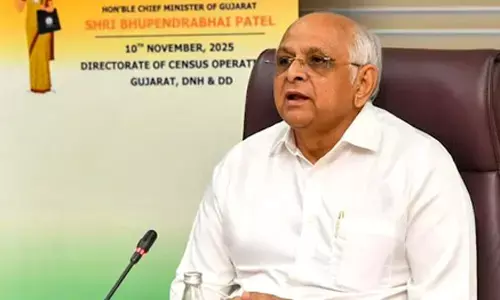1 in 4 adults favour smacking to ‘properly raise’ kids
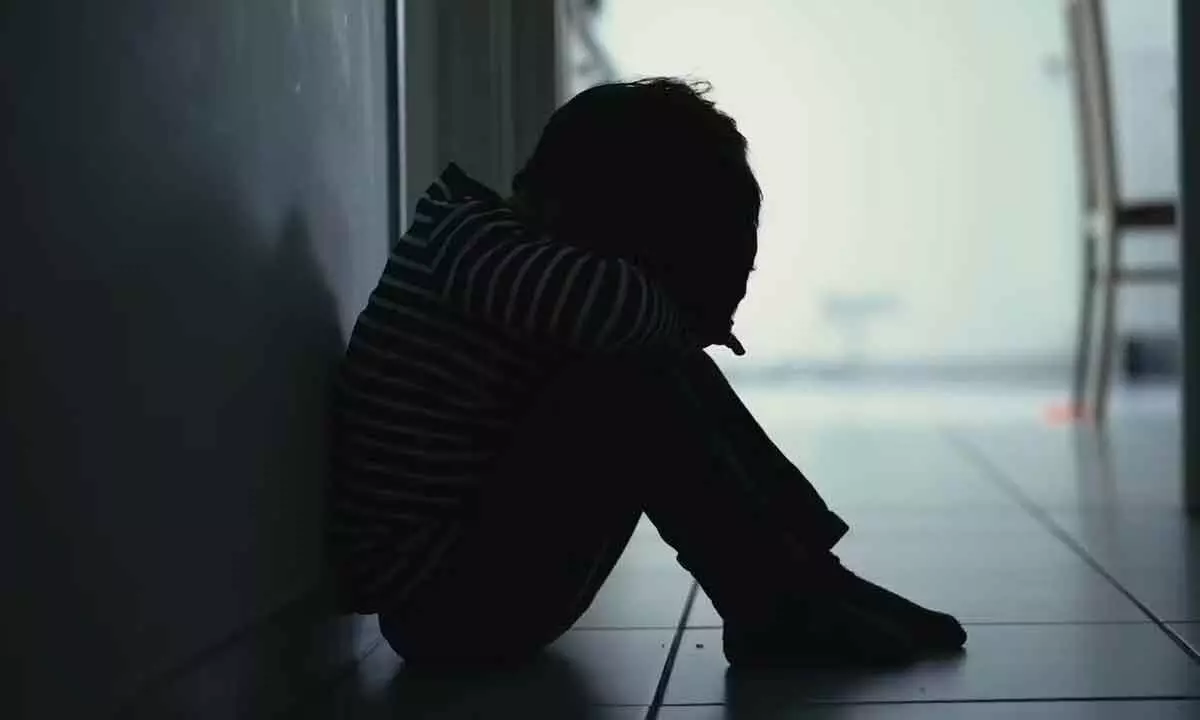
Queensland: “Do you want a smack?!” This has been a common refrain from many parents across history. Right along with “just wait till your father gets home”. Somehow parents thought this threat of violence would magically improve their child’s behaviour. The United Nations Convention on the Rights of the Child considers smacking and all types of physical punishment, however mild, a violation of child rights. It’s banned in 65 countries. Yet it remains legal in Australia for parents to use “reasonable force” for discipline. Children are the only group of people it remains legal to hit. Our new research found one in four Australians still think physical punishment is necessary to “properly raise” children. And half of parents (across all age groups) reported smacking their children. But attitudes are slowly changing, with newer generations of parents less likely to smack their kids than previous ones.
What is physical punishment? Physical or “corporal” punishment is the use of physical force to cause pain, but not injury, to discipline a child for misbehaviour. It’s distinct from physical abuse which is more extreme and not used to correct behaviour. Physical punishment is the most common type of violence against children. It usually involves smacking, but also includes things like pinching, slapping, or using an implement such as wooden spoon, cane or belt. Smacking doesn’t actually work and makes behaviour worse over time. And it’s associated with children internalising problems, increased child aggression, poor parent-child relationships, poorer metal heath and more.
In contrast, there are a lot of non-violent parenting strategies that do work. Assessing the state of smacking in Australia we conducted the first study to comprehensively assess the state of smacking and physical punishment in Australia. We wanted to determine if smacking was still common and how many Australians believed we need to smack our kids. We interviewed more than 8,500 Australians aged 16 to 65 years. Our sample was representative of the national population so we can be confident the findings represent the thoughts and experiences of Australians as a nation.
Using such a large age range allowed us to compare people across different age groups to determine if changes are occurring. What we found overall, six in ten (62.5 per cent) Australians between 16–65 years had experienced four or more instances of smacking or physical punishment in childhood. Men were slightly more likely to be physically punished than women (66.3 per cent v 59.1 per cent). Young people, aged 16–24, reported slightly lower rates (58.4 per cent) than older people suggesting a slight decline over time. But these rates remain unacceptably high. Overall, one in two (53.7 per cent) Australian parents reported using some type of physical punishment, mostly about once a month. However, older parents reported on this retrospectively (what they did while raising children) and there were clear age differences: 1) 64.2 per cent of parents aged over 65 years had used physical punishment 2) 32.8 per cent of parents 25–34 years had used it 3) 14.4 per cent of parents under 24 had used it. So younger generations of parents are substantially less likely to use physical punishment.
Concerningly, one-quarter (26.4 per cent) of all Australians still believe physical punishment is necessary to properly raise children. But the vast majority (73.6 per cent) do not. And generational change is occurring. Some 37.9 per cent of Australians older than 65 believe physical punishment is necessary compared to 22.9 per cent of those aged 35–44 years, and only 14.8 per cent of people under age 24. Socioeconomically disadvantaged people are 2.3 times more likely to believe physical punishment is necessary than those with no disadvantage. Parents who had been physically disciplined when they were children were both more likely to believe it is needed and more likely to use it with their own children. This indicates this form of violence is transmitted across generations.
Time for change, Law reform works best when changes in community attitudes and behaviours are already occurring. So it’s encouraging that younger people are much less likely to believe physical punishment is necessary and are much less likely to use it. This suggests Australians may be open to prohibiting this common form of violence. All states and territories should immediately enact legal reform to prohibit corporal punishment and protect the rights of Australian children. This should be paired with public health and education campaigns about what parents can do instead.
If you are a parent looking for effective non-violent parenting strategies the government has also made the Triple P Positive Parenting Programme available for free. This online programme provides practical strategies parents can use to encourage positive behaviour and calm, alternative discipline techniques that can be used to instead of smacking. A number of other evidence-based programmes, such as Tuning Into Kids, Parents Under Pressure and Parent Child Interaction Therapy, are also available. Australia has an opportunity to capitalise on naturally occurring societal changes. We can interrupt this cycle of violence and give more Australians a childhood free of violence.
(The Conversation)
(The author is a clinical psychologist and family researcher based in the Faculty of Law at Queensland University of Technology, working in the area of childhood adversity)










